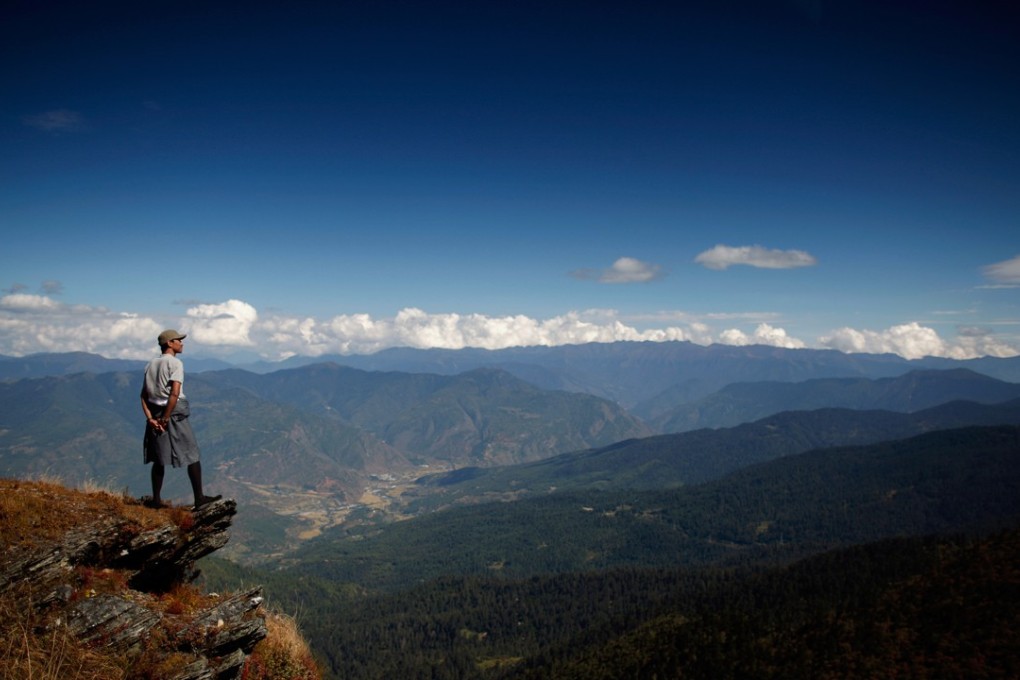India must stop trampling on Bhutan’s sovereignty
Marco Hung says if left to China and Bhutan, the Doklam border dispute could be easily resolved. Instead, an overbearing New Delhi, mistaking Bhutan as its ‘protectorate’, has just made things worse

The Sino-Indian border row over Doklam has turned the usually calm Himalayan region into a new battlefront between the two powers. However, the role of Bhutan, the third important player in this latest dispute, has often been overlooked even though the picture wouldn’t be complete without taking the country into account.
Bhutan is the only nation among China’s 14 neighbouring sovereign states that has yet to establish diplomatic relations with Beijing. In fact, the two sides have long been seeking to mend ties but their hands are tied in the current geopolitical landscape.
Many may not know that India took over Britain’s rights over Bhutan and signed the Treaty of Friendship with Bhutan in 1949, under which India would “guide” Bhutan’s foreign policy. This provision was removed after a revision in 2007 but both sides still agreed that neither shall allow the use of its territory for activities harmful to the national security and interest of the other.
Why tiny Bhutan remains the wild card in China’s border stand-off with India
In the current dispute, New Delhi claimed that its troops entered Bhutan’s territory “in coordination” with the latter’s authorities, but what exactly do the Bhutanese think about this? Information from both public and non-public sources suggests that talks between China and Bhutan over their border dispute have been smooth and peaceful. If the Indian authorities disregard Bhutan’s sovereignty by forcing Thimphu to stir up controversy in what is an undisputed area, while India sends its troops across the Chinese border, it would be an unthinkable act in the 21st century.
12 perspectives on the China-India border dispute in Doklam
International observers have, however, been blinded by the “China threat” theory and tended to ignore the oppression of Bhutan. Many in the Indian media and officials have been propagating a misleading message that Bhutan is a “protectorate” of India. Bhutan has never been a “protectorate”. In fact, Bhutan and India do not even have a security pact and India has no right to “represent” Bhutan.
India signed the Treaty of Friendship with Bhutan in 1949 after declaring independence from British rule, and inherited Britain’s sway over Bhutan. This became the cornerstone of India-Bhutan relations, with India even today still trying to define the two nations’ security interests.
Citing the guidance provision, New Delhi attempted to represent Bhutan to negotiate with China over the Bhutan-China border disputes as early as the 1960s. The moves were blocked by the Chinese government on the grounds that Bhutan should speak for itself and take part in the talks as an independent kingdom.
Bhutan can solve its border problem with China – if India lets it
In a recent commentary, Wangcha Sangey, a former chairman of Bhutan Times, asserted the integrity of Bhutan’s sovereignty and its military, and charged that India was using Bhutan to reach its goals. As Sangey wrote: “India ... is pushing Bhutan to claim as much as possible the part of Doklam plateau in the Sino-Bhutan border talks.”